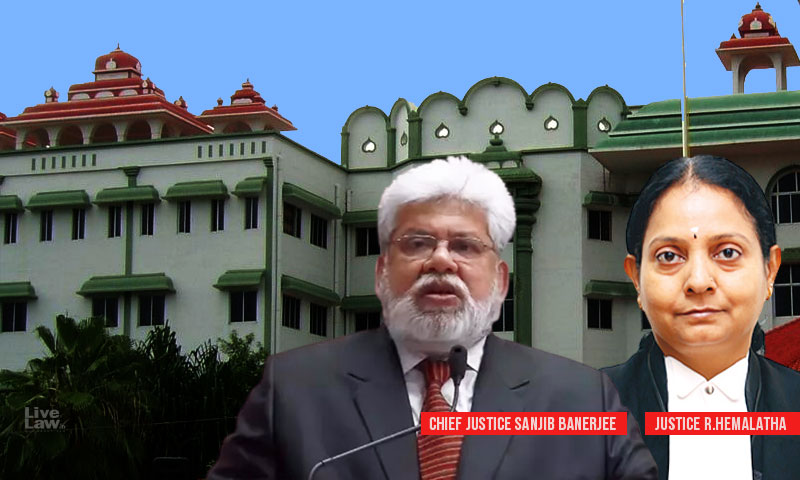"Open To Petitioner To Live In The Stone Age, Courts Can't Impose Sanctions On How Media/Social Media Operates": Madras HC
Sparsh Upadhyay
2 March 2021 4:46 PM IST

"The Courts are not there to impose sanctions or guidelines on how the media or even social media operates and it is for the other agencies to do so, based on the policy decision taken by the legislature of the day or the executive arm" : Madras High Court
Next Story


